Since March, the Future Finder Challenge finalists have been participating in a six-month virtual accelerator as they advance their career navigation tools. Through webinars and office hours, a diverse group of mentors has helped the five finalist teams refine their digital tools in better support of adult learners. In offering this support, the mentors have helped lower barriers that have long stifled innovation within the adult education space.
From technology entrepreneurship and adult education advocacy to equity consulting and design, the mentors bring to the challenge deep and varied expertise. The Future Finder Challenge thanks these mentors for giving their time to help reimagine career navigation for adult learners.
Bill Cromie, Adjunct Faculty Instructor, Products of Design at School of Visual Arts
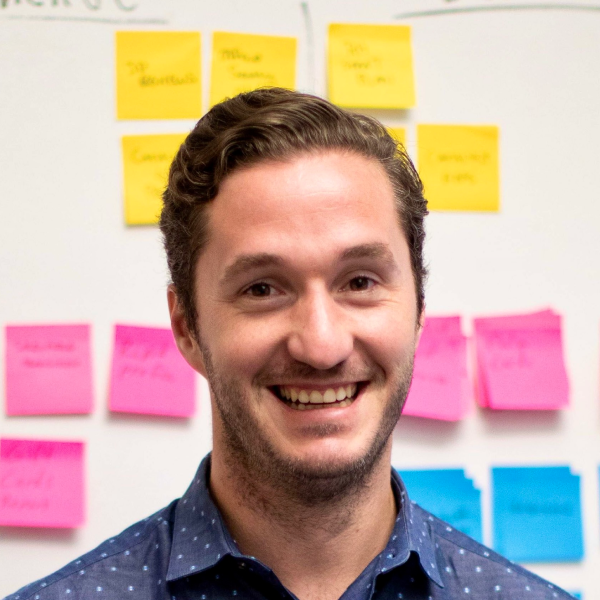
Bill Cromie is a social-impact tech entrepreneur. He previously served as the CEO of Helpkitchen.org, a nonprofit dedicated to providing free, high-quality, and nutritious on-demand hot meals to people experiencing food insecurity. Before HelpKitchen, Cromie founded Blue Ridge Labs at Robin Hood, a nonprofit technology incubator in Brooklyn that helps people build products for underserved communities.
Deborah Kennedy, Executive Director, National Coalition for Literacy
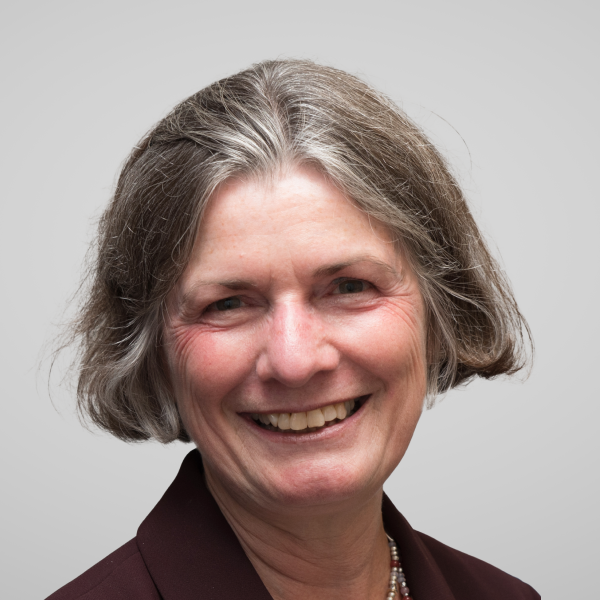
Deborah Kennedy is the executive director of the National Coalition for Literacy and a
senior consultant at Key Words, a consulting business focused on communication skills development, teacher professional development, and advocacy for adult education. She has directed adult education programs, developed and provided professional development for instructors in elementary, secondary, higher education, and workforce contexts, and taught English as an additional language to adult learners at all levels. Formerly vice president for adult English language education at the Center for Applied Linguistics, Kennedy reviews and edits teaching materials and creates online professional development modules for education professionals.
Ash Kaluarachchi, CEO at StartEd
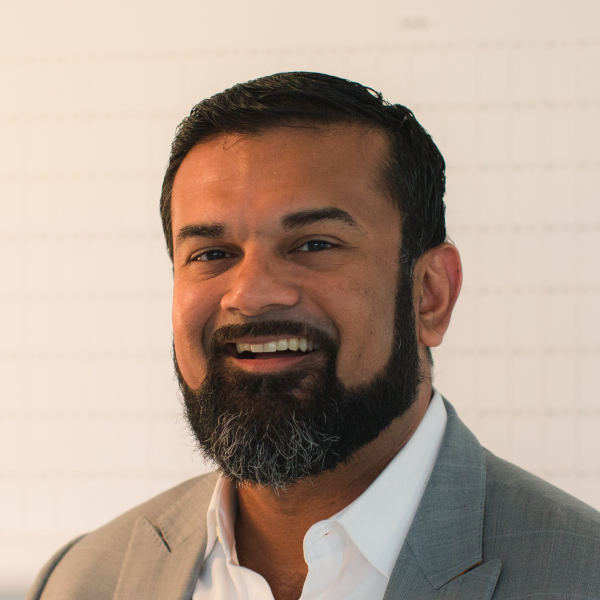
Ash Kaluarachchi advises and enables growth for organizations solving problems in education and workforce learning. He has launched and operated multiple accelerators enabling 2,000+ companies, in partnership with organizations such as Techstars, Google, Amazon, Kaplan, Intel, New York University, the University of Southern California, and the University of Pennsylvania. He was voted one of the Top 100 Influencers in Education Technology by Edtech Digest.
Kaluarachchi continues to support founders solving problems for educators, administrators, and learners of all ages as CEO at StartEd, and produces EDTECH WEEK, a global distance learning and networking event for leaders, entrepreneurs, investors, researchers, policymakers, and educators.
Cherise G. Moore, Ph.D., Principal TA Consultant, Human Services Division at American Institute for Research (AIR)
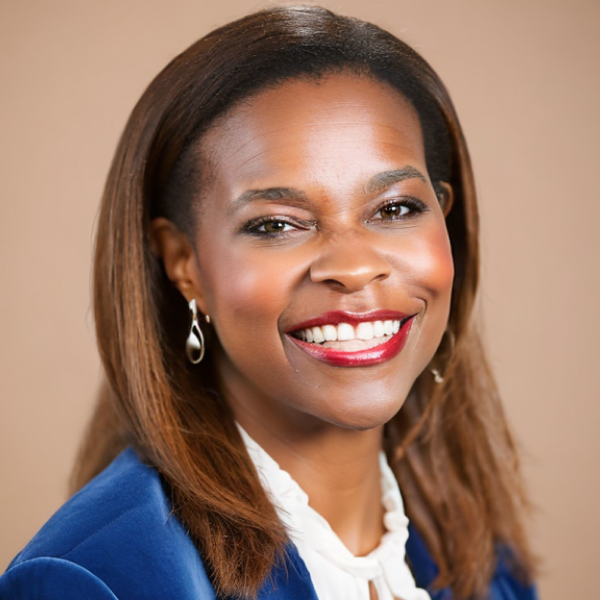
Cherise G. Moore, Ph.D., is a principal technical assistance (TA) consultant in the Human Services Division at American Institutes for Research, where she focuses on equity, access, leadership, and continuous improvement efforts in adult learning, career pathways, and workforce development. Moore leads several national projects, serving as the Project Director for the U.S. Department of Education Office of Career, Technical, and Adult Education’s Literacy Information and Communications System and Teaching Skills That Matter in Adult Education projects. She has worked on numerous state-level projects in adult education, including the California Adult Literacy Professional Development project and the Arizona Instructional Leaders Academy; she also provided targeted technical assistance to Workforce Innovation and Opportunity Act grantees in Nevada.
Kristine Mudd, independent design researcher and product designer
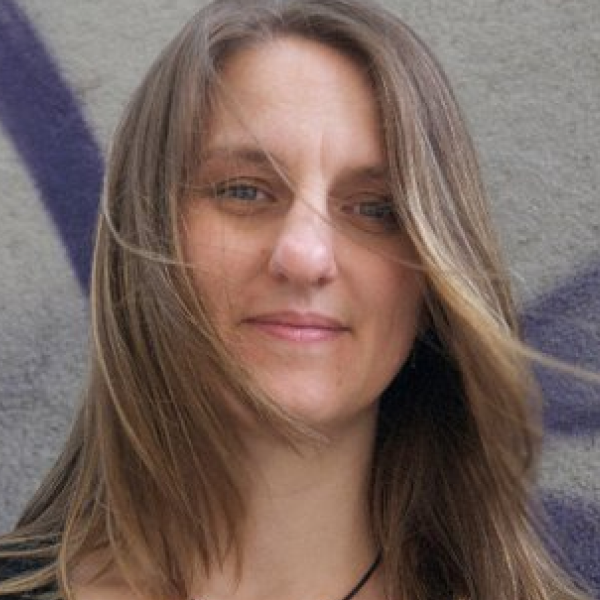
Kristine Mudd is a consultant who enjoys the discovery, play, analysis, and exploration that is part of her daily design practice. Mudd has worked with innovation teams such as Prehype, Co-Created, and Machine, as well as nonprofits and startups to build successful new ventures across healthcare, education, and e-commerce. She is a designer, educator, and entrepreneur who believes in creating services and products to improve the planet and lives of people. Mudd also enjoys teaching, having served as an adjunct faculty member for School of Visual Arts, The New School, NYU Tandon, and Minneapolis College of Art and Design.
The challenge team also thanks Melanie Flowers, Vice President at Pathful, for her contribution of time and expertise as an accelerator mentor.
Mentor perspectives
Given their unique points of view, we asked the mentors to answer a few questions about what makes the Future Finder Challenge impactful, and what advice they’d give to other edtech innovators passionate about supporting adult learners. The mentors had plenty to remark on — from the dynamic nature of the modern workforce to the importance of user-friendly interfaces — but a handful of comments stood out. Explore the reflections below as you consider how you might lead the next generation of innovation within adult education.
What have you found most promising or exciting about the Future Finder Challenge?
“The focus on digital tools for adult learning is particularly promising in this moment of societal change. In the era of digital transformation, leveraging technology to enhance learning outcomes is not just an opportunity, but a necessity, as talent is equally distributed but opportunity is not.”
Ash Kaluarachchi 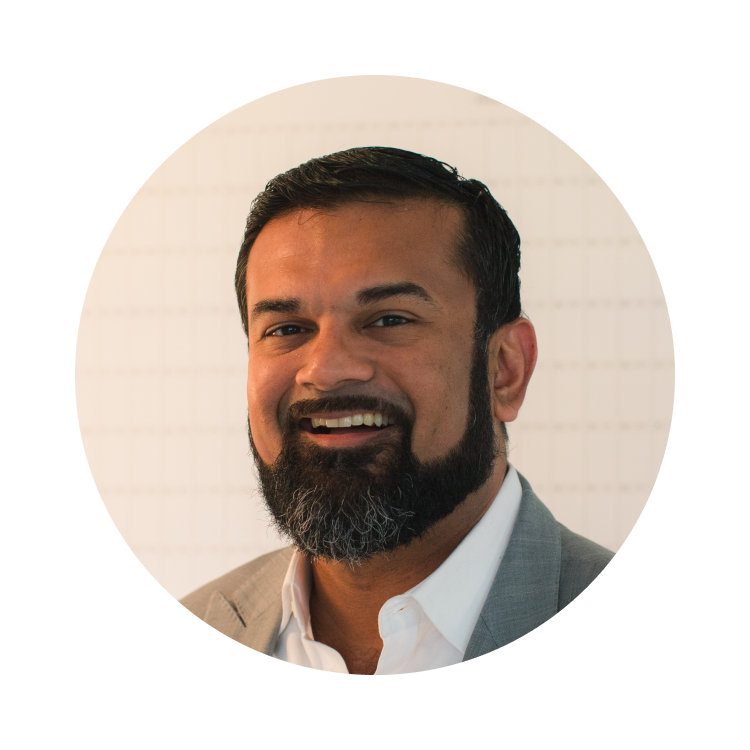
“Adult learners are busy people with goals that mostly center around a better quality of life for themselves and their families. Their lives, like ours, are complicated. There’s not a lot of time for meetings or reflection on what’s next and how best to get there. I imagine adult learners will use these apps without taking a lot of time away from their business schedules.”
Cherise G. Moore, Ph.D. 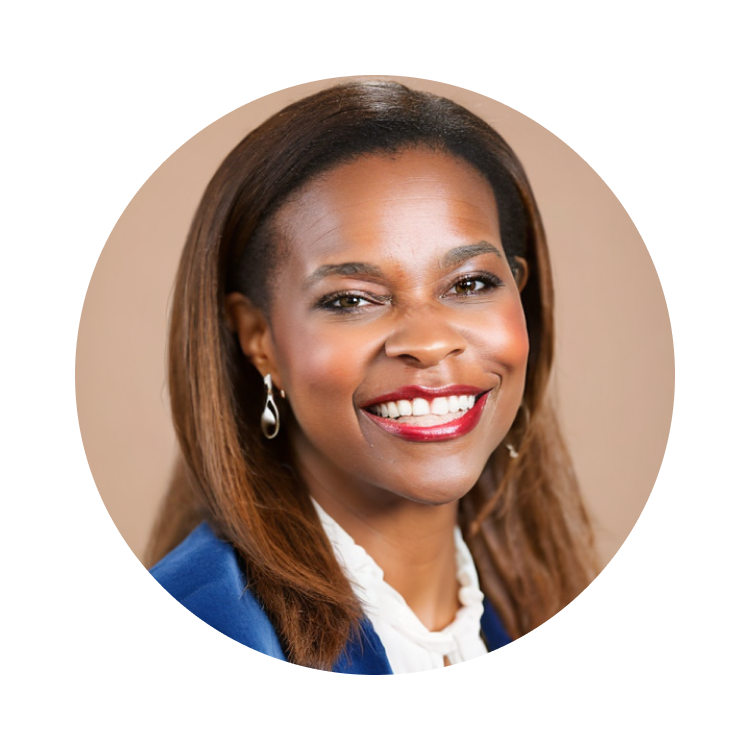
“The stories from the field of learners achieving new goals and discovering new opportunities leaves me with hope for the future as this space continues to grow. The teams have been very thoughtful in their work and open to iterating on solutions to better serve the learners and their audiences. This is not always easy, and I am impressed with their preparation for mentoring sessions and response to feedback from the field.”
Kristine Mudd 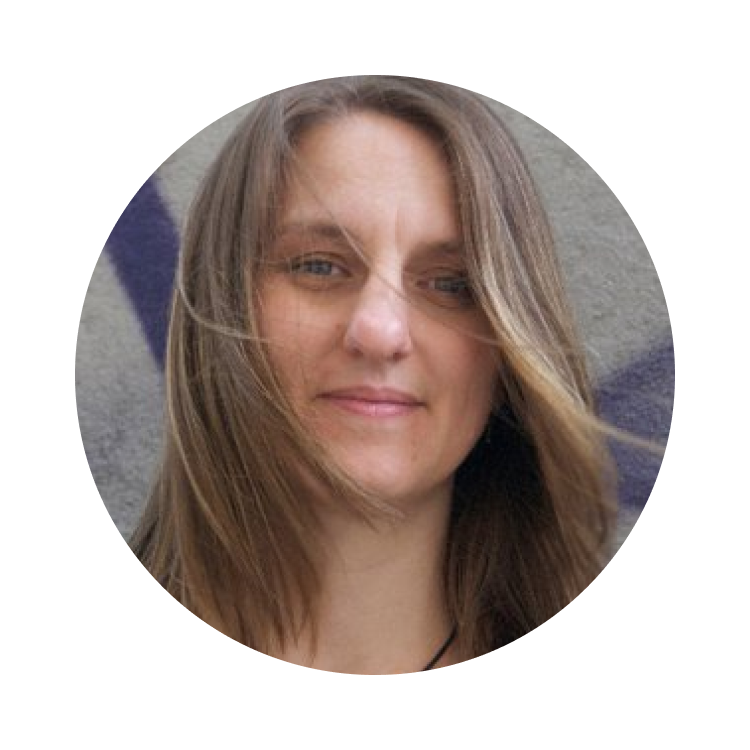
What advice would you give to other innovators (current and aspiring) seeking to design their own digital tools for adult learners?
“The fastest way to find out if you are on the right track is to make something real, put it into people’s hands, and find out directly — from them — if it meets their needs.”
Bill Cromie 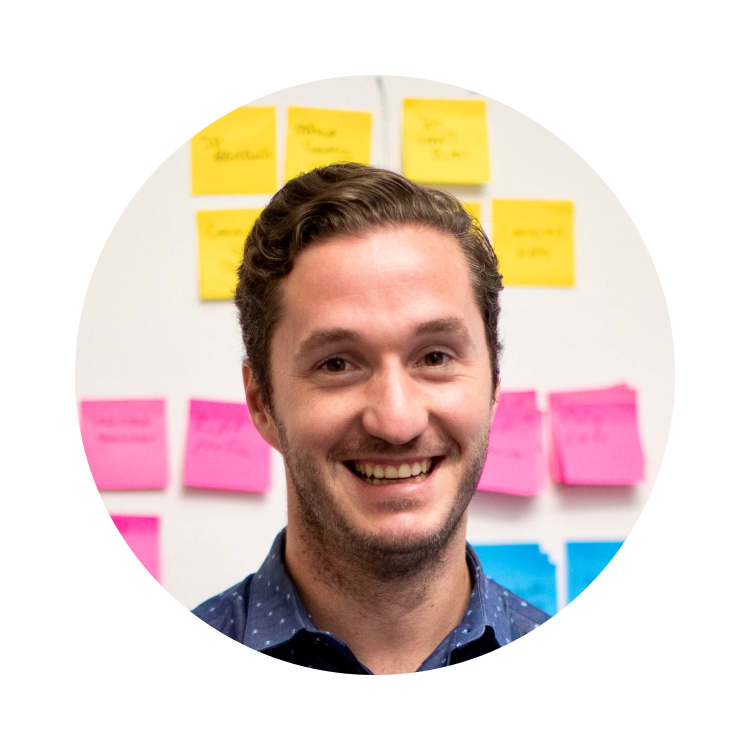
“Spend as much time as you can with the adult learners you seek to serve with your platform. Adopt a participatory approach to design, in which adult learners collaborate with you from the start to develop digital tools that build on their strengths and address their preferred ways of learning and growing.”
Deborah Kennedy 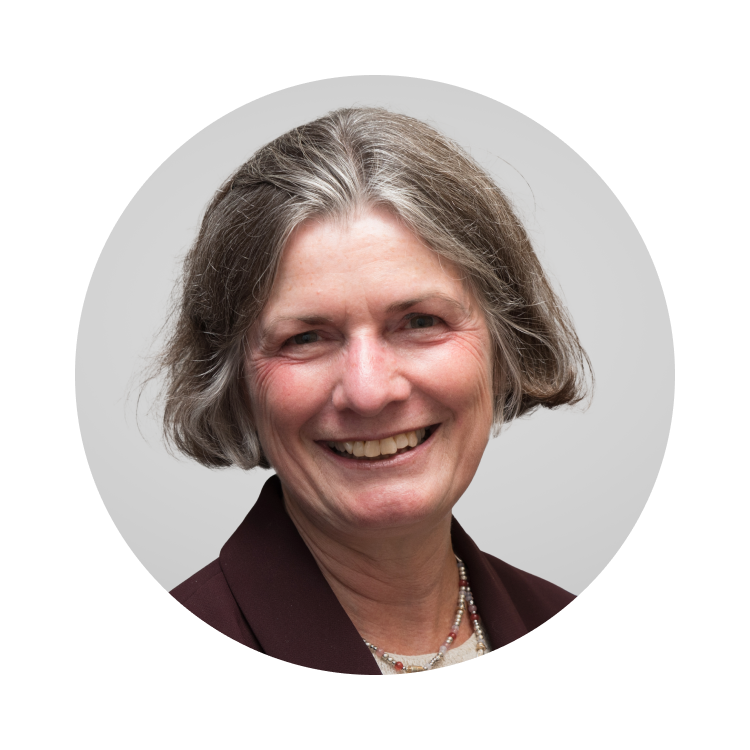
“Get involved in the community you want to create solutions for. This could range from volunteering and attending events to reaching out and having conversations. It is important to understand the range of perspectives, contexts, and behaviors of the individuals and groups we are creating solutions for.”
Kristine Mudd 
Is there anything else you’d like to share about the Future Finder Challenge?
“Technology has the potential to both exacerbate and alleviate the socioeconomic divide that separates the “haves” from the “have-nots” in the United States and the world as a whole. The Future Finder Challenge and initiatives like it are strong steps in the direction of alleviation: using technology to increase knowledge and expand access and opportunity for all.”
Deborah Kennedy 
“So often, when we think about technological interventions, we default to the concept of taking the human out of the loop: efficiency, automation, artificial intelligence. I would like to challenge all of us to instead think about how we might build tools to enable us to be more more connected, deepen relationships, and create opportunities for wisdom and discernment rather than the enforcement of rules and algorithms. Our tools should serve us — not the other way around.”
Bill Cromie 
“The Future Finder Challenge and initiatives like it are more than just competitions. They are catalysts for change. They push us to think outside of ourselves, to challenge the status quo, and to create solutions that can have a real impact on people’s lives and the economy. Whether you’re an innovator, an investor, or simply someone interested in the field, I encourage you to get involved. Your contribution could make a significant difference in shaping the future of adult learning.”
Ash Kaluarachchi 
Looking beyond the accelerator
At the end of the accelerator, finalists will submit their market-ready tools and accompanying proposals, and present at a live demo day in fall 2023. A judging panel will review the submissions against the Stage 2 criteria and recommend a slate of winners to the Department. One grand-prize winner will receive $500,000, and up to two runners-up will receive a share of $250,000. Winners will be announced in fall 2023. Beyond Stage 2, the challenge will support winners into 2024 as they deploy their solutions.
